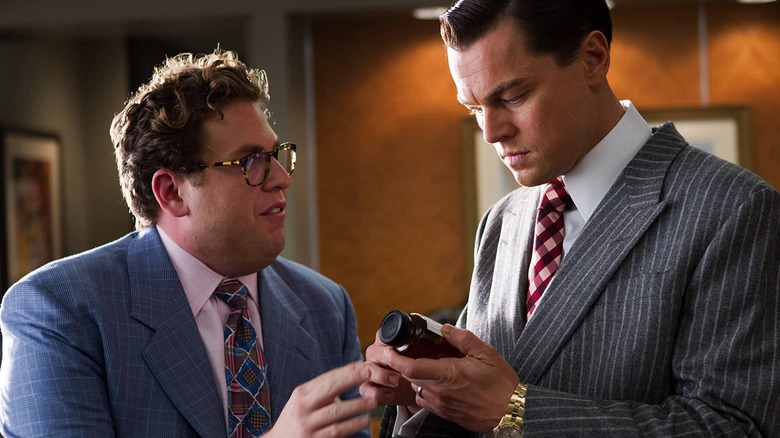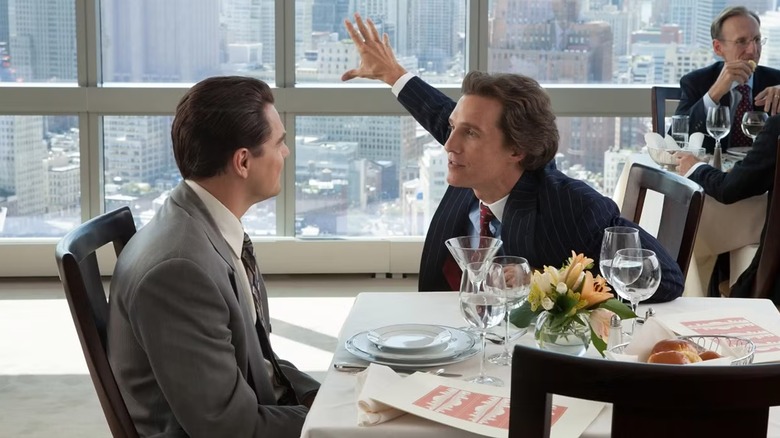
A sudden, severe global stock market crash shook the world of finance on October 19, 1987. Dubbed Black Monday, the crash caused widespread anxiety due to fears of unmitigable economic instability, even among those not well-versed with the nitty-gritties of finance. Soon after, “Wall Street” made its way into theaters and enlightened us regarding the lure of the stock market, along with the risks that lurked beneath its glamorous facade. This fictional depiction of 1980s Wall Street, right after the real-world crisis that frightened and baffled many, led to the inception of a fresh new genre. The finance film, which usually explores various facets of Wall Street culture, was born.
Many finance films managed to make a mark over the years, including 2015’s “The Big Short” (which attempts to shed light on the early days of the 2008 financial crisis) and 2010’s scathing documentary film, “Inside Job.” If we aren’t being too rigid about the criteria that define these genre entries, “American Psycho” can also be considered a Wall Street film, as it takes a satirical approach to the hedonistic shallowness of Wall Street culture. However, none of these examples have nabbed the #1 spot in IMDb’s Top List of Wall Street and Finance Movies. The best IMDb finance film — which ranks 129 in the IMDb Top 250 Movies list — is Martin Scorsese’s “The Wolf of Wall Street.”
The Wolf of Wall Street dramatizes raucous Wall Street hedonism
Stockbroker/financial criminal Jordan Belfort’s 2007 memoir, “The Wolf of Wall Street,” serves as the rudimentary foundation for Scorsese’s film of the same name. A sense of controlled kineticism flows throughout, while Leonardo DiCaprio embodies Belfort with unabashed vigor, narrating and living through the chaos of Wall Street stockbroker culture at the same time. We start in 1987, with Belfort landing a job for L.F. Rothschild under mentor Mark Hanna (Matthew McConaughey), who embeds the self-centered instincts of financial opportunism (at the cost of, well, anything) deep within Belfort’s heart. After losing his job post-Black Monday, he embarks on a fresh journey that becomes the definition of a moral vacuum, one in which Belfort wears his lurid manipulation and irresponsibility like a glistening badge of honor.
This lack of moral core is vital to “The Wolf of Wall Street,” which complements Belfort’s ridiculously extreme lifestyle with uninhibited visual splendor, driven home by equally larger-than-life performances. The real Belfort’s memoir expectedly indulges in some degree of self-mythologizing, and DiCaprio’s rendition of the character consciously pushes this to its limits. The results are more spontaneous and gleefully satiric in Scorsese’s capable hands, who artfully exposes the hollow, fraudulent cult of personality.
Some have criticized “The Wolf of Wall Street” for glamorizing Belfort’s excessive self-indulgence, but the film makes it clear that there is a detachment present at the heart of the film’s frenetic frames. Scorsese is simply here to weave cinematic magic and entertain, even when the characters inhabiting a fictional world are as morally bankrupt and appalling as the real-life counterparts they’re based on.



Leave a Reply